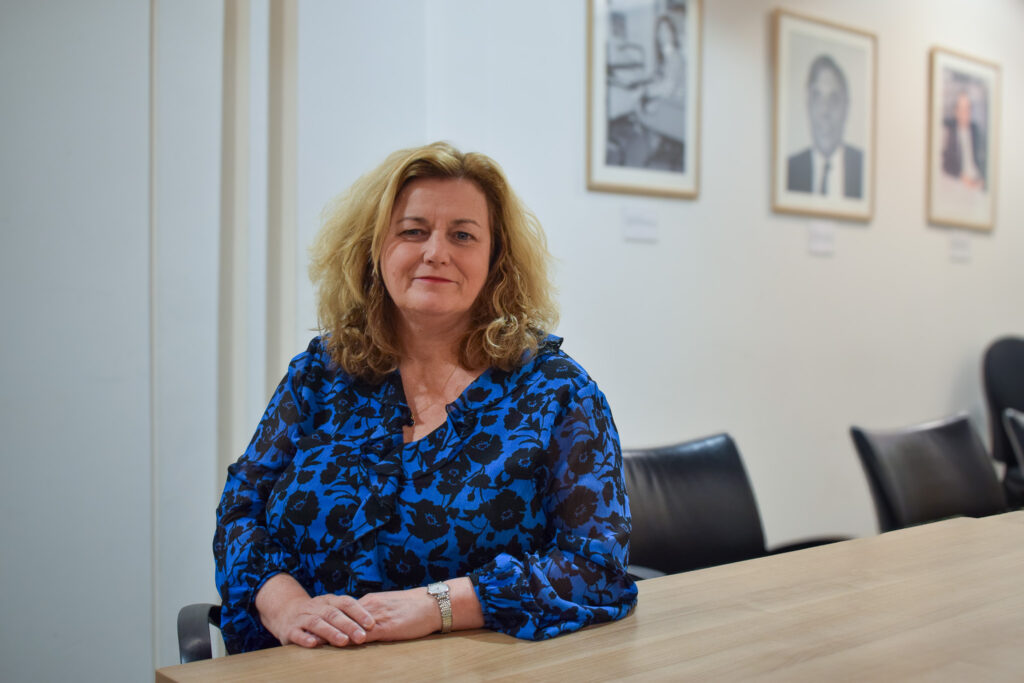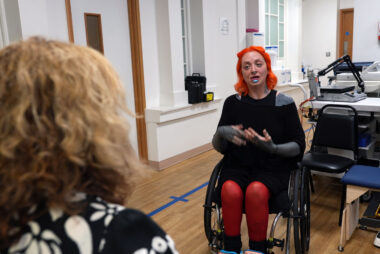
TRANSFORM-CMT: Preparing for clinical trials in Charcot-Marie-Tooth disease
Background
Charcot-Marie-Tooth disease (CMT) affects the nerves, which pass signals to help you move and feel sensations, such as touch and pain. It gets worse slowly over time, but the changes can be hard to spot with current tests. People with CMT often notice changes between doctor visits, but usual tests don’t always catch them. We also don’t know enough about how CMT changes over time or what life is like with it each day. This can affect the care, support, and treatment they get.
Scientists are getting closer to testing new treatments for CMT in clinical trials. But without better ways to track changes in the condition, it’s hard to tell if a treatment is working. And without a clearer picture of how the condition progresses and affects daily life, it’s difficult to plan clinical trials that truly meet the needs of people living with CMT.
By finding better ways to measure change and understand the condition, scientists can run better trials and give new treatments the best chance of success.
Project aims
This project is working to make clinical trials for CMT more effective, by finding better ways to measure change, learning more about the condition, and helping more people take part. The team will:
- Develop a test that can pick up small changes in everyone with CMT. This will focus on MRI scans, which take images of the legs and measures fat levels in the muscles. When nerves are damaged, fat builds up in the muscles. The higher the fat level, the more the condition has progressed. This test will be designed to spot even the smallest changes.
- Collect information from more people living with CMT across the UK to build a clearer picture of how the condition affects people over time.
- Set up and train more centres around the UK so they’re ready to run CMT clinical trials and give more people the chance to take part.
Why is this research important?
Clinical trials take a lot of time, effort and money. They need to give clear answers about whether a treatment works, otherwise more testing is needed, slowing the process down. This research will help design better trials, give more people opportunities to take part, and speed up the development of new treatments.
The information collected from people with CMT can also support decisions about whether new treatments should be available on the NHS. By understanding more about daily life with CMT, we can better measure the benefits of new treatments and show how they could help both people and the health service in the long run.
Get involved in this research
Be part of this exciting research project and help researchers learn more about CMT by sharing your information. Go to their website or email uk.cmt.researchdatabase@ucl.ac.uk
Hear more about this project
